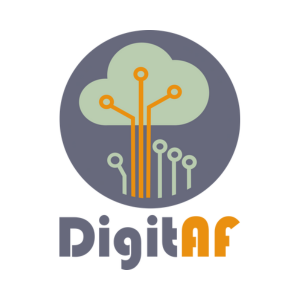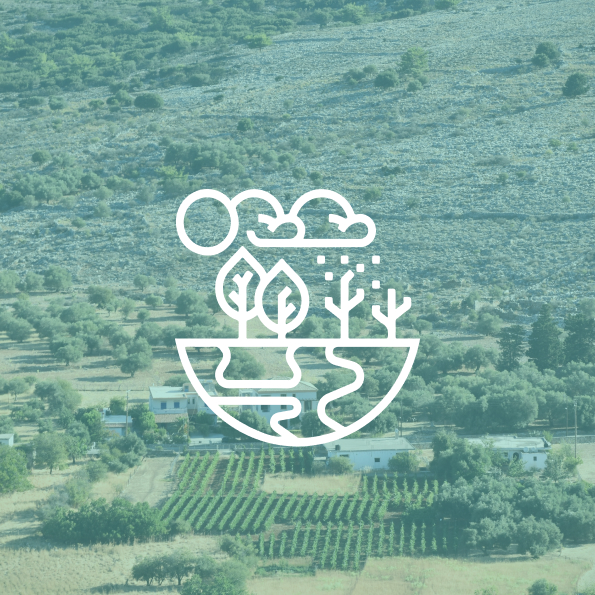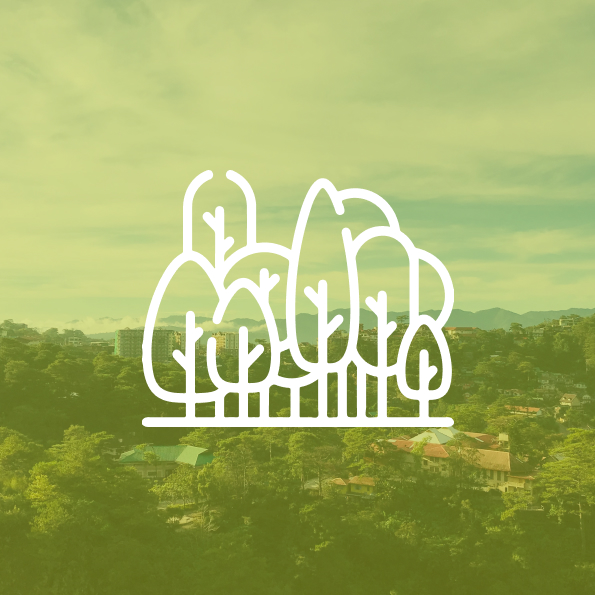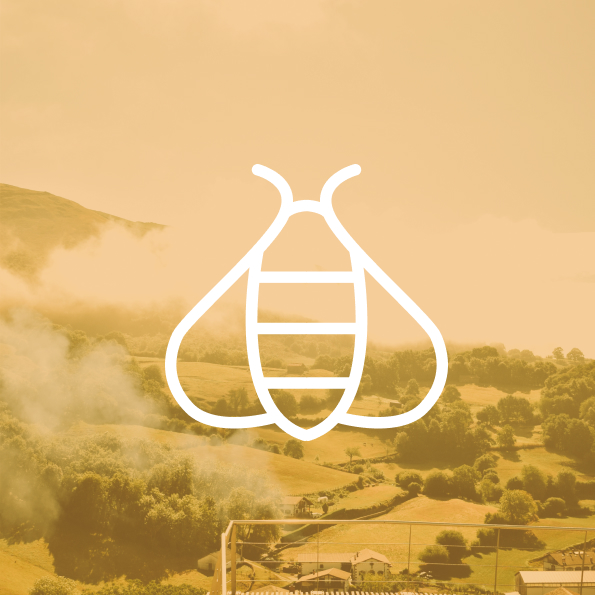
DigitAF - Digital tools to boost agroforestry
As part of the Green Deal, the European Commission set the goal of making the agriculture, forestry and land use sectors climate neutral by 2035. Agroforestry is an important component of this process: its impact on climate change adaptation and mitigation, biodiversity conservation, soil protection and agricultural sustainability make it the best candidate to trigger change. However, AF faces several barriers, such as economic feasibility and institutional resistance. This is what DigitAF addresses. The Horizon Europe project aims at mainstreaming the use of agroforestry (AF) throughout Europe.
DigitAF creates the right conditions for the implementation of cutting edge AF to unlock its full potential. In doing so, the project addresses the knowledge gaps that prevent its widespread adoption. The project pays particular attention to include newly generated knowledge to relevant actors, including policymakers, practitioners and beneficiaries of agroforestry products and services. Meeting the needs of these three groups is the starting point and determines the further structure of the project.
A user-centred and multi-actor approach was developed by setting up six Living Labs (NL, IT, CZ, FI, DE, UK). The latter fill the DigitAF database and work on their own region-specific questions. This knowledge is then formalised into models that form the basis for practical tools. Testing of new technologies will take place in ‘lifelong learning’ or on demonstration farms.
The above objectives will be achieved by a consortium of 32 partners from 20 countries, coordinated by INRAE (Institut National de Recherche pour l’Agriculture, l’Alimentation et l’Environnement). The ELO is mainly involved in strengthening agroforestry and carbon farming policies while developing tools for policy makers (WP1).

Funded by the European Union. Views and opinions expressed are however those of the author(s) only and do not necessarily reflect those of the European Union. The European Union cannot be held responsible for them.
Grant agreement: 101059794



